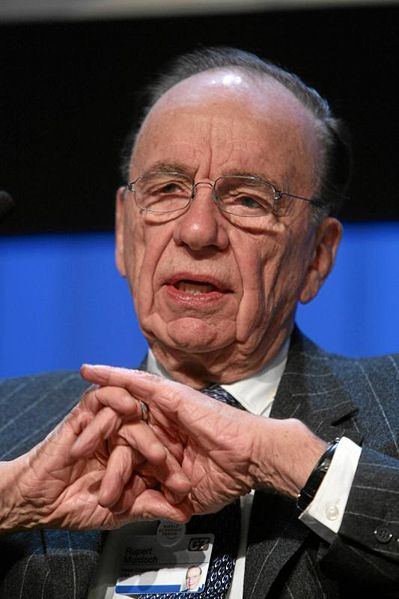
The "OOXML Paoli" story has generated a great deal of response from the public [1, 2, 3]. Almost nobody defends Microsoft's position. It all originates in the Microsoft-funded IDG, which helped Microsoft claim that it had changes its attitude for the better. As one sceptic put it (IDG playing "good cop, bad cop"):
Yet, according to Paoli, that's all changed now.
The company made the mistake of equating all open source technology with Linux "very early on," he said. "We understand our mistake."
Isn't that nice?
One can't help but wonder, however, how much of a mistake the company would think it was if it weren't for Linux and open source's growing market credentials.
First, the article is correct: we all do remember the “Linux is a cancer” comments made oh so long ago. Unfortunately for Microsoft though, they have much to atone for. It’s not just the vituperative comments made in 2001, but the continued incursions since: the 235 Linux patent violations, the OOXML debacle, the HTC and TomTom licensing issues – the list goes on and on. Does that mean that Microsoft can’t change its ways? Of course not, but it does mean that many in the Open Source ecosystem are going to be a bit circumspect. I continue to believe that the odds of Microsoft truly changing while Ballmer is still CEO are minuscule, but I could be wrong.
In recent years, Microsoft has earned the reputation of being the aggressor in patent infringement lawsuits. I think this is overstated, stemming from a lot of loud mouth claims by its top executives, the uproar over the Tom Tom case in 2009 and that its other suits have been fairly high profile. But they have also been relatively sparse.
In 2010, so far, we have had the much ballyhooed Microsoft case against Salesforce.com (in which both parties settled, with Salesforce agreeing to pay Microsoft an undisclosed sum). But mostly, Microsoft announced cross licensing agreements, such as one from HTC for Android. We had a similar one from Panasonic for exFAT and one with Amazon for Kindle. A less flashy deal was a licensing agreement with Tuxera, the Finnish company that created an open source driver for Microsoft NTFS (the NTFS-3G) for exFAT. The Tuxera deal likely won't generate tons of cash, but it stems from the fact that Microsoft managed to get exFAT embedded as part of the new SDXC specification. The Redmond company will collect royalties (perhaps a few cents each) on all SDXC memory sticks, and that could add up.
Even so, when it comes to patent infringement, Microsoft is more likely to be the victim than the bully -- at least in terms of the number of lawsuits per year.
“Other than calling payouts "a cost of doing business" what other option does Microsoft have but to try to collect on intellectual property on the one hand, while paying damages with the other?”
--Julie Bort, IDGHow about working to abolish software patents? As it stands, Microsoft is an active lobbyist for for very same thing it pretends to decry (crocodile tears).
"And if that's the case," concludes Bort, "will we see a Microsoft that becomes more aggressive to collect on intellectual property? I fear so."
She fears so? Didn't she use this whole article to sympathise and defend Microsoft's extortion of "open source" (patent tax)? IDG makes little more sense than Fox 'News'. Fox/Murdoch wants people to believe that Obama is the "anti-Christ", Wikipedia is run by pedophiles, and Wikileaks' founder is a sex offender; IDG wants people to believe that Microsoft's extortion is acceptable and that Microsoft is a friend of "Open Source". ⬆

Image from Wikipedia